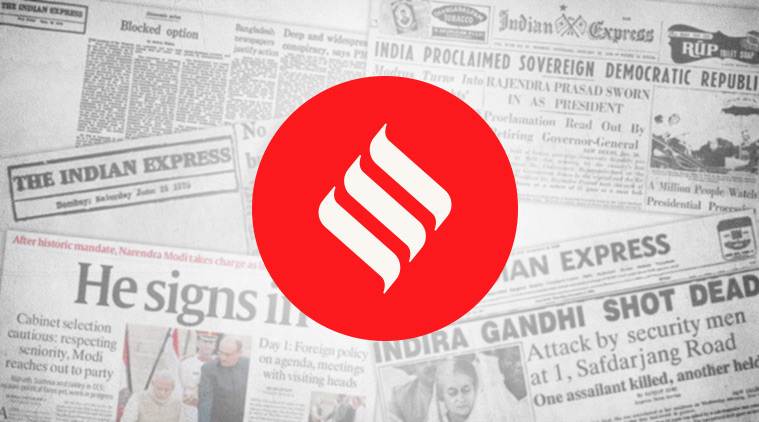
Examining the process of decision-making in a government involves ferreting out information, documents that need to be brought out from the dark, into the light, in public interest. This was true in the 1980s of Bofors, about kickbacks in a defence deal. Even governments have realised that records which are meant to be confidential are invaluable in bringing illegality to book. More recently, in 2016, the Panama Papers, the painstaking unveiling of offshore transactions in tax havens, resulted in hundreds of crores of undeclared assets being traced by the government. Now, in the Rafale case, for Attorney General KK Venugopal to raise an objection in court seeking dismissal of the review petitions on the ground that they cited documents “stolen” from the defence ministry, for him to attempt to wield the Official Secrets Act as a shield against allegations of wrongdoing in the 2016 aircraft deal between India and France, is disappointing — and outrageous. The question is not just, as the Chief Justice of India-led bench put it: What had the government done till now? After all, the first newspaper report, which the AG claims is based on stolen documents, was published a month ago, on February 8. In her reply to the allegations against the government on the Rafale deal in Parliament, Defence Minister Nirmala Sitharaman did not speak about a theft. The question, more importantly, is one that the bench also asked: “Suppose there is a corruption complaint, are you going to shelve it under national security?… Is there a liberty to commit corruption?”
The attempt to target the messenger and to criminalise the whistleblower, all under cover of “national security” or “stability” of government or “official secrecy”, is an attack on the freedom of expression and the people’s right to know. What falls under the Official Secrets Act in a democracy is something that needs constant contest, the need for official secrecy has to be weighed against the citizen’s right to know. For, the same statute book that has the OSA gives pride of place to the Act that empowers citizens to access, and to demand, information under the control of public authorities in order to promote transparency. In any conflict between the two, in a democracy that calls itself open, surely the letter — and spirit — of the right to freedom of speech and expression and information should trump the archaic and increasingly anachronistic OSA. Notably, the Supreme Court has recognised this democratic imperative. Over the years, India’s apex court has enlivened and expanded the protections accorded to the whistleblower, to ensure that those who expose corruption and wrongdoing are not vulnerable to bullying and intimidation.
If AG Venugopal’s objection in court on Wednesday were to be taken seriously, if it were to be dignified by the court, it could be a chilling message that would strike at the heart of a free press. It would protect the wrongdoers in the dark. The court must, as it has in the past, uphold the way of the open democracy.